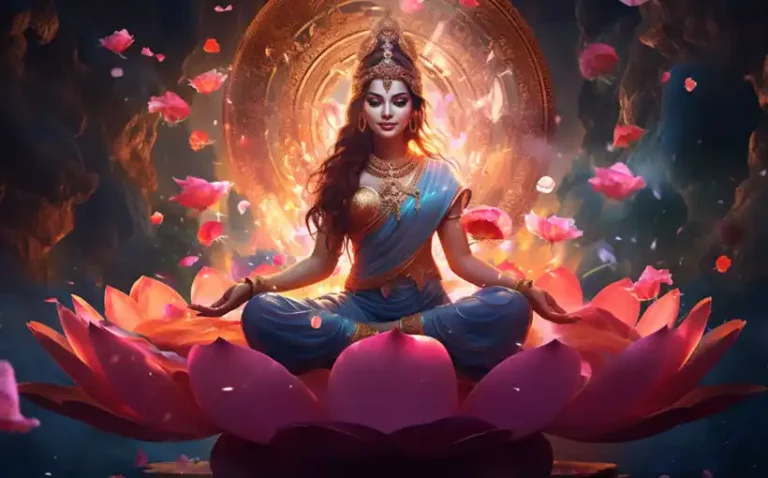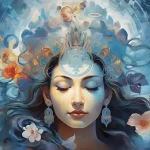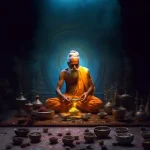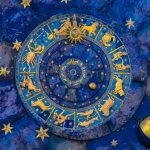Indian Astrology: Unveiling the Magic

In the ancient annals of India, a profound practice called astrology has thrived for centuries. This sacred Indian astrology delves into the dance of stars and planets to illuminate our lives. In India, it’s known as Jyotisha or Jyotishya, a word derived from “jyotiṣa,” which translates to “light, heavenly body.”
Embedded in the Vedas, the cornerstone of India’s wisdom, lies Hindu astrology, also referred to as Vedic astrology. It’s a part of the sacred hexad of disciplines linked with Vedic studies. A significant early text on celestial movements within the Vedas is the Vedanga Jyotisha.
Cosmic Threads of Indian Astrology
At its heart, Hindu astrology weaves together the microcosm and macrocosm through a concept known as “bandhu”. This notion of interconnectedness forms its essence. Unlike the Western zodiac, Hindu astrology follows the sidereal zodiac, factoring in ayanāṃśa adjustments due to the gradual shift of the vernal equinox. It boasts distinctive features, such as the lunar mansions or Nakshatras.
Hindu astrology isn’t merely about foreseeing the future; it’s a spiritual journey. Rooted in Hindu teachings, it’s a beacon for personal growth fueled by the principle of karma—the belief that every action triggers a reaction. Through astrology, we gain insights into our existence and our place within the vast cosmos.
Mapping Destinies: The Cosmic Blueprint
At the core of Hindu astrology lies the birth chart, often referred to as the “janma kundali”. This intricate chart captures the cosmic energies at the time of birth, mapping out the positions and relationships of planets. Astrologers use it as a guide to decode personality traits, challenges, career paths, and relationships.
Vedic astrology paints life’s canvas with dashas, distinct planetary periods linked to the moon’s position during birth. Then there are “yogas,” unique planetary configurations that paint the tapestry of one’s life with strokes of prosperity, adversity, fame, and more.
Beyond Prediction: Nurturing the Soul
Hindu astrology extends its branches beyond prediction; it reaches deep into the realms of spirituality and self-discovery. Aligned with Hindu philosophy, its ultimate goal is to help individuals attain self-realisation and break free from the cycle of life and death. It acts as a mirror, revealing strengths and weaknesses and offering strategies to navigate life’s twists and turns.
In today’s world, Vedic astrology’s wisdom resonates across continents. Many turn to astrologers for guidance on pivotal life choices. Yet, it’s crucial to acknowledge that while it carries cultural and spiritual weight, its scientific legitimacy remains debated, with modern methods unable to corroborate its claims.
Indian Astrology: A Gem in Crown of Wisdom
In conclusion, Hindu astrology, or Jyotisha, stands as an illustrious jewel in India’s treasure trove of ancient wisdom. Rooted in the Vedas and steeped in spirituality, it opens a window to the cosmic interplay between celestial bodies and human existence. Whether seen as a tool for growth, a lens to navigate challenges, or a thread in India’s cultural fabric, Hindu astrology remains an enduring and influential facet of ancient Indian wisdom.




